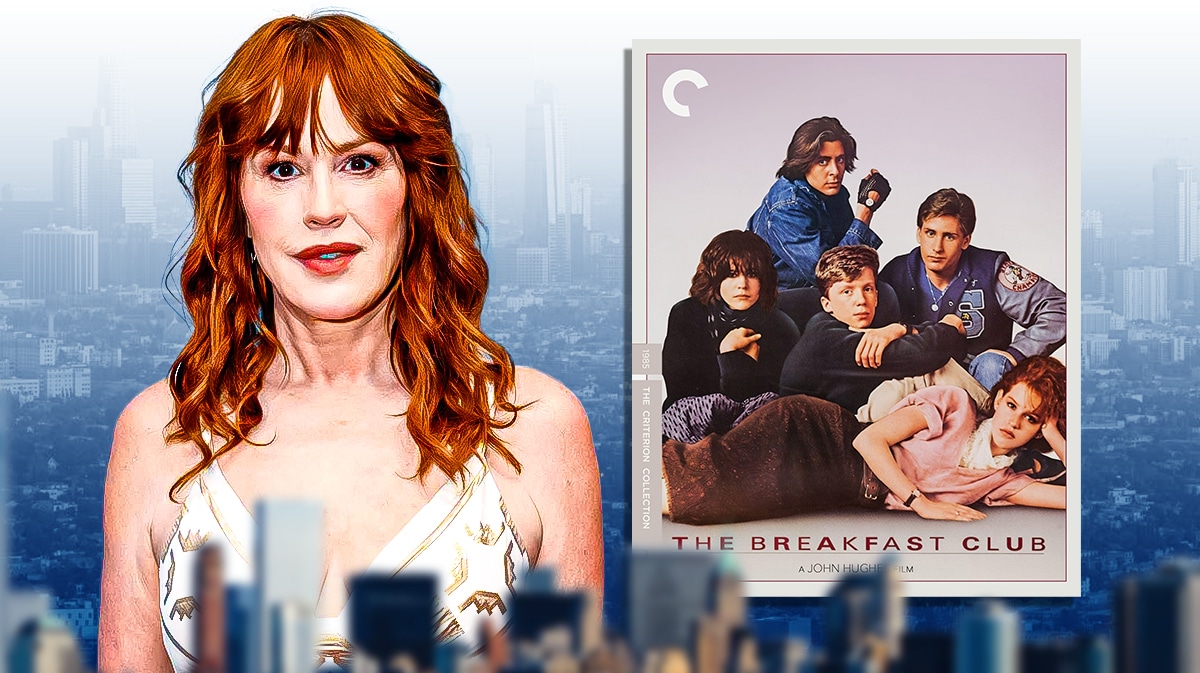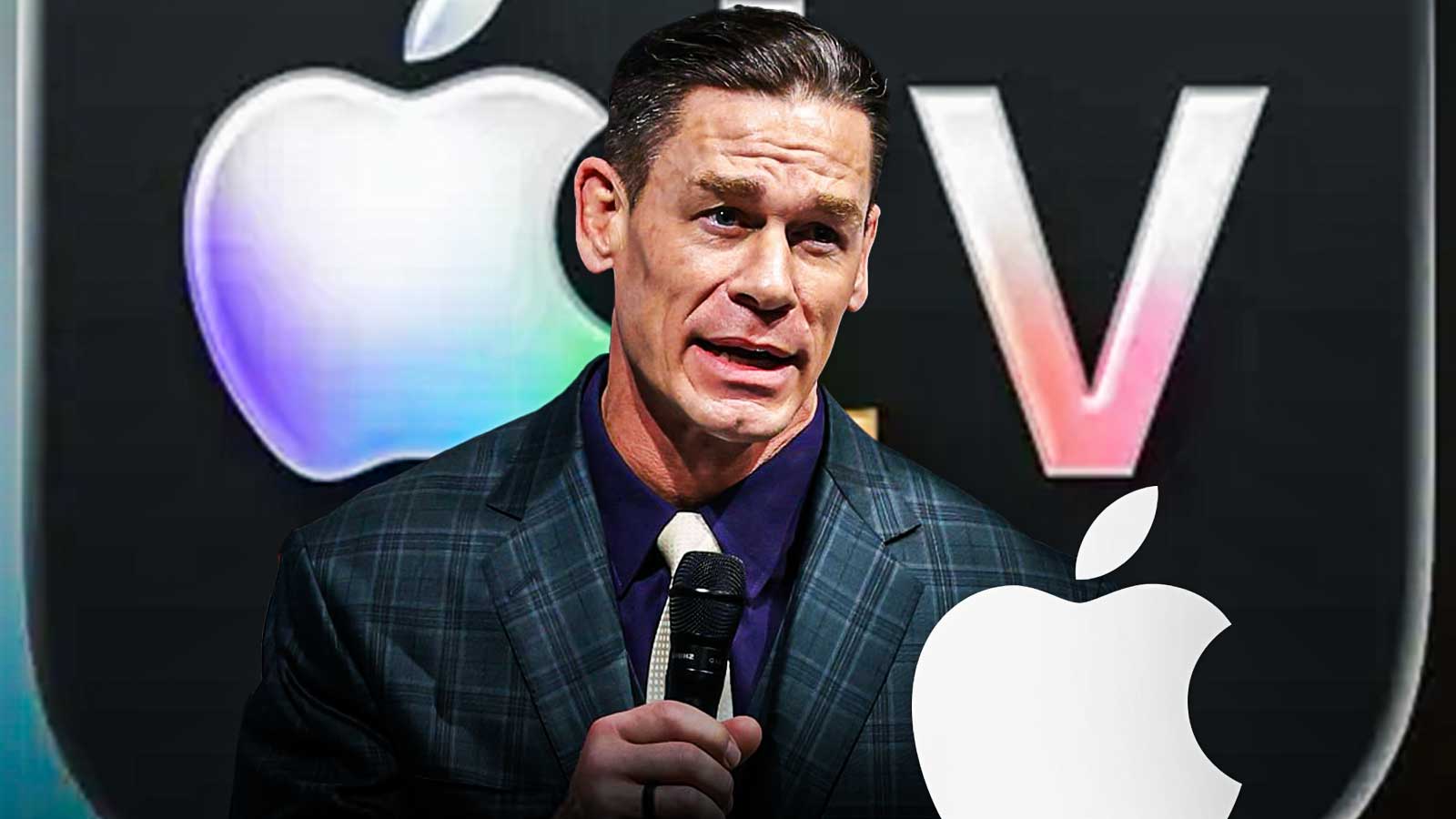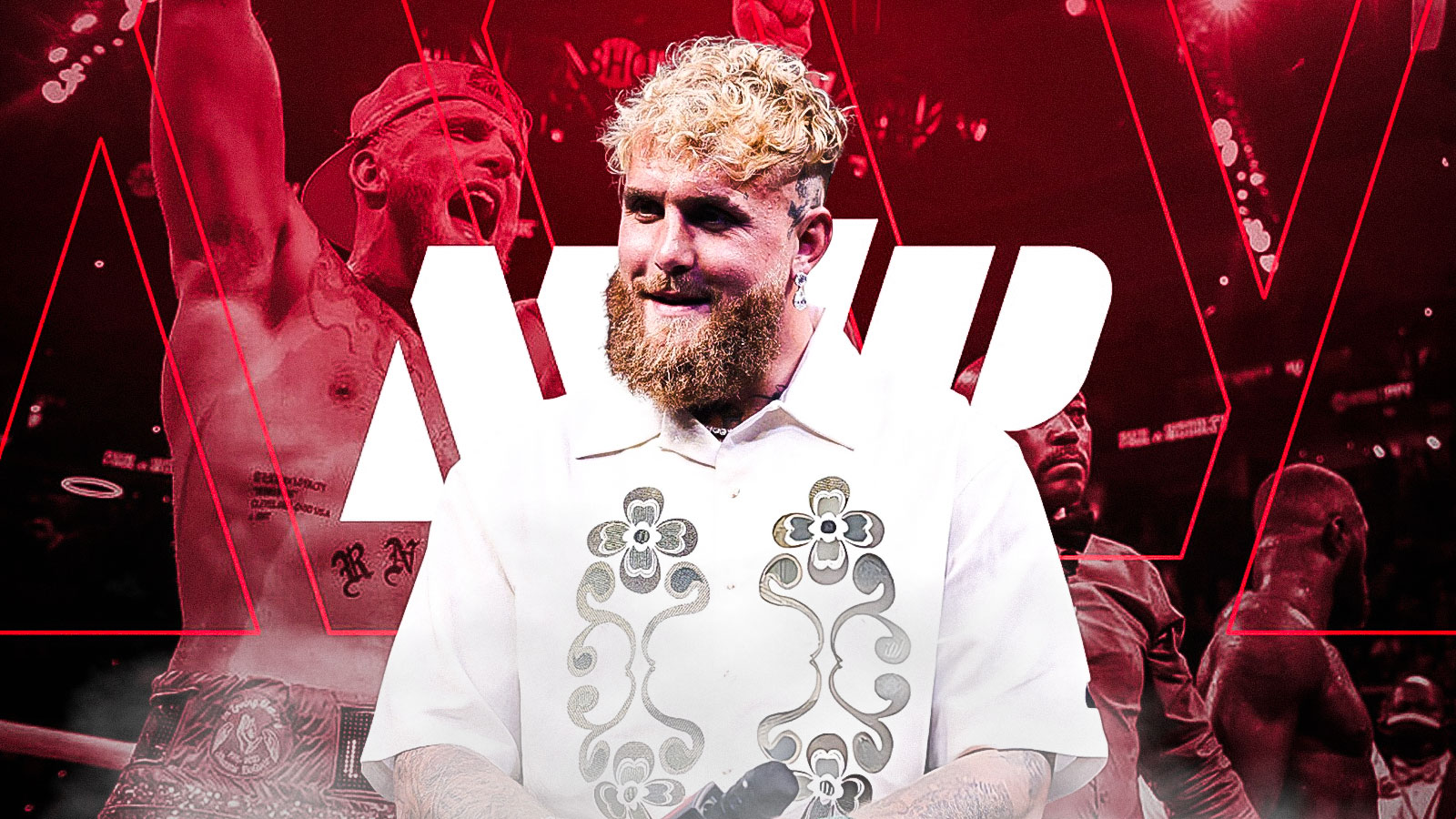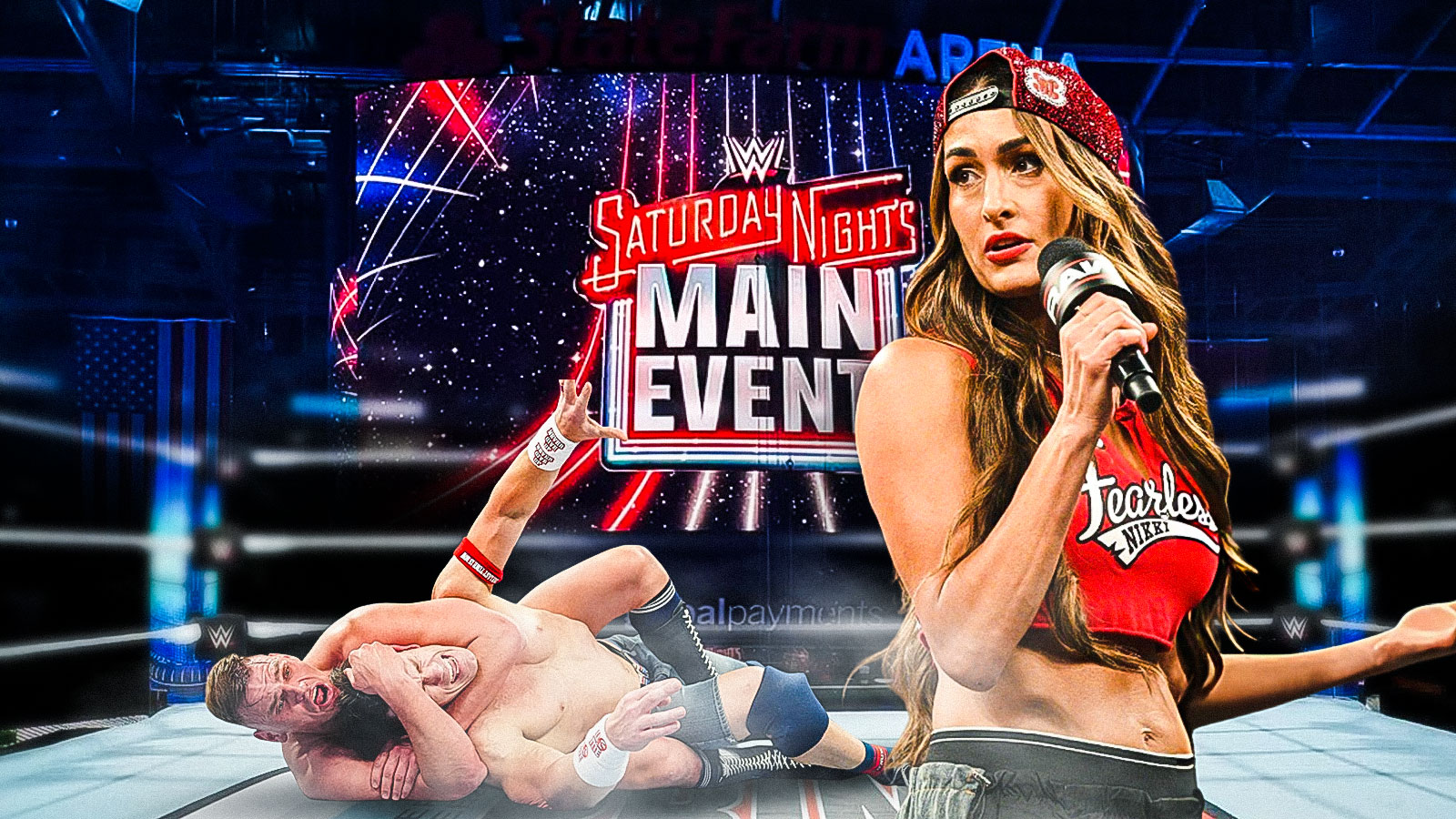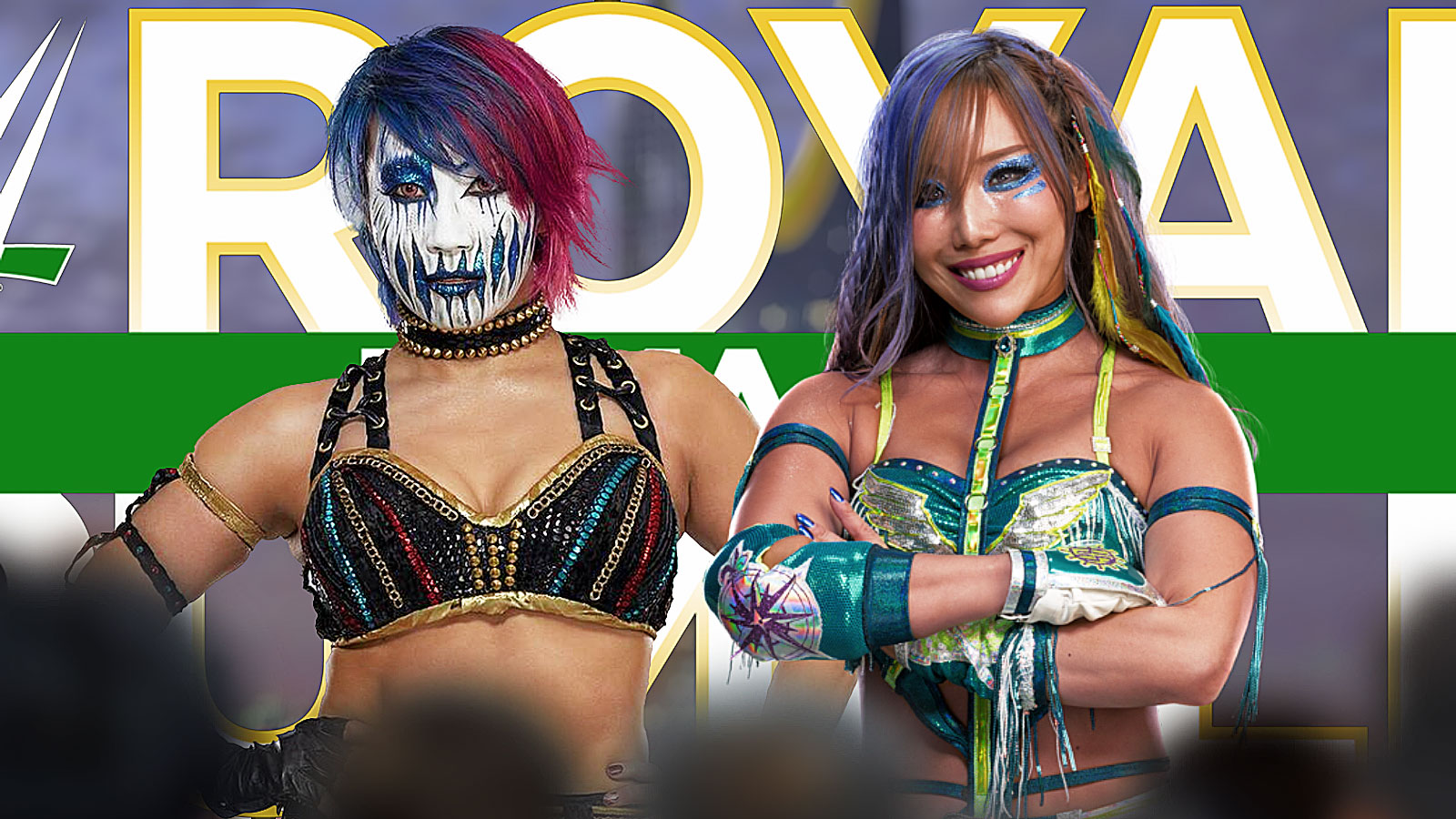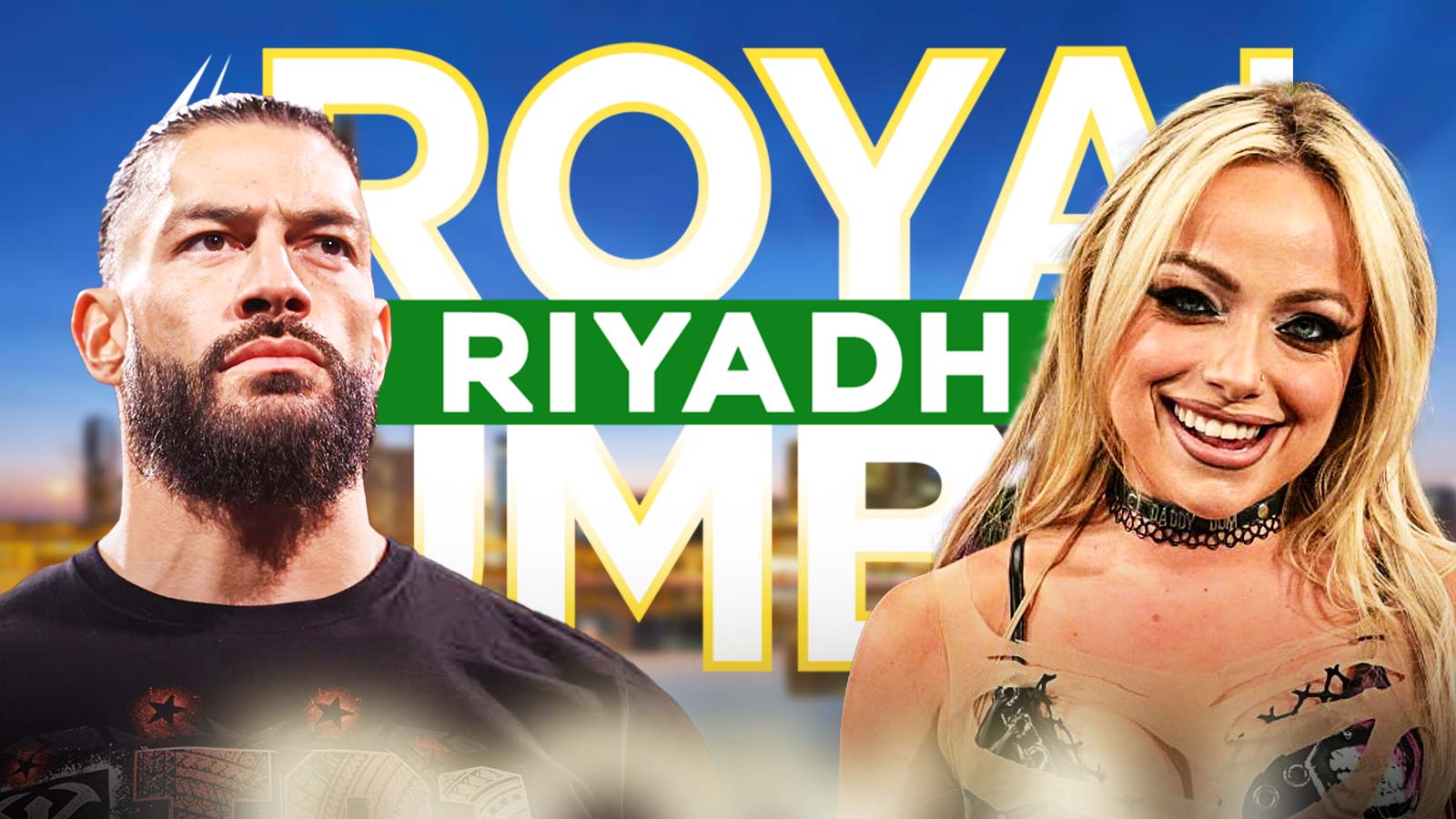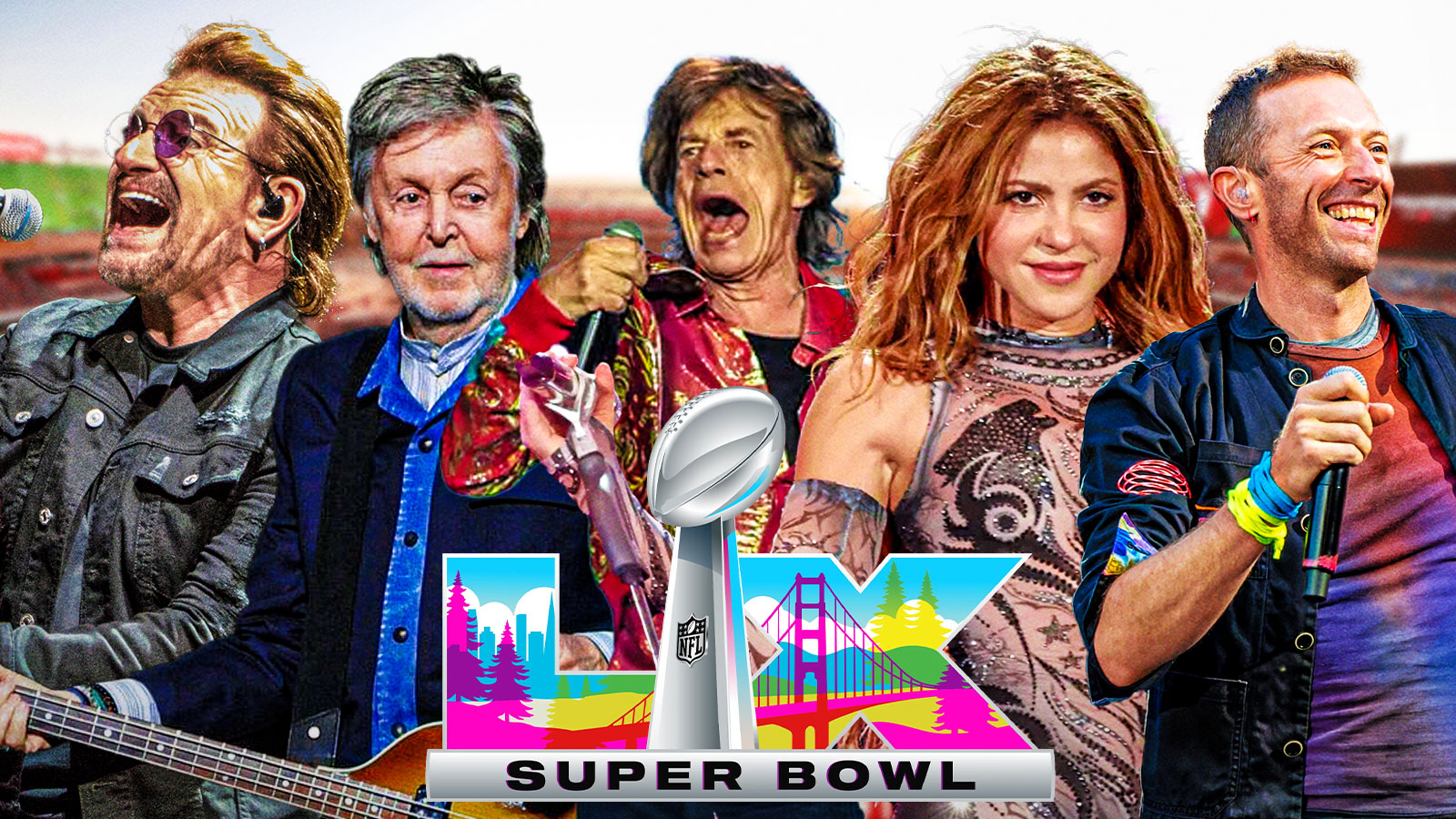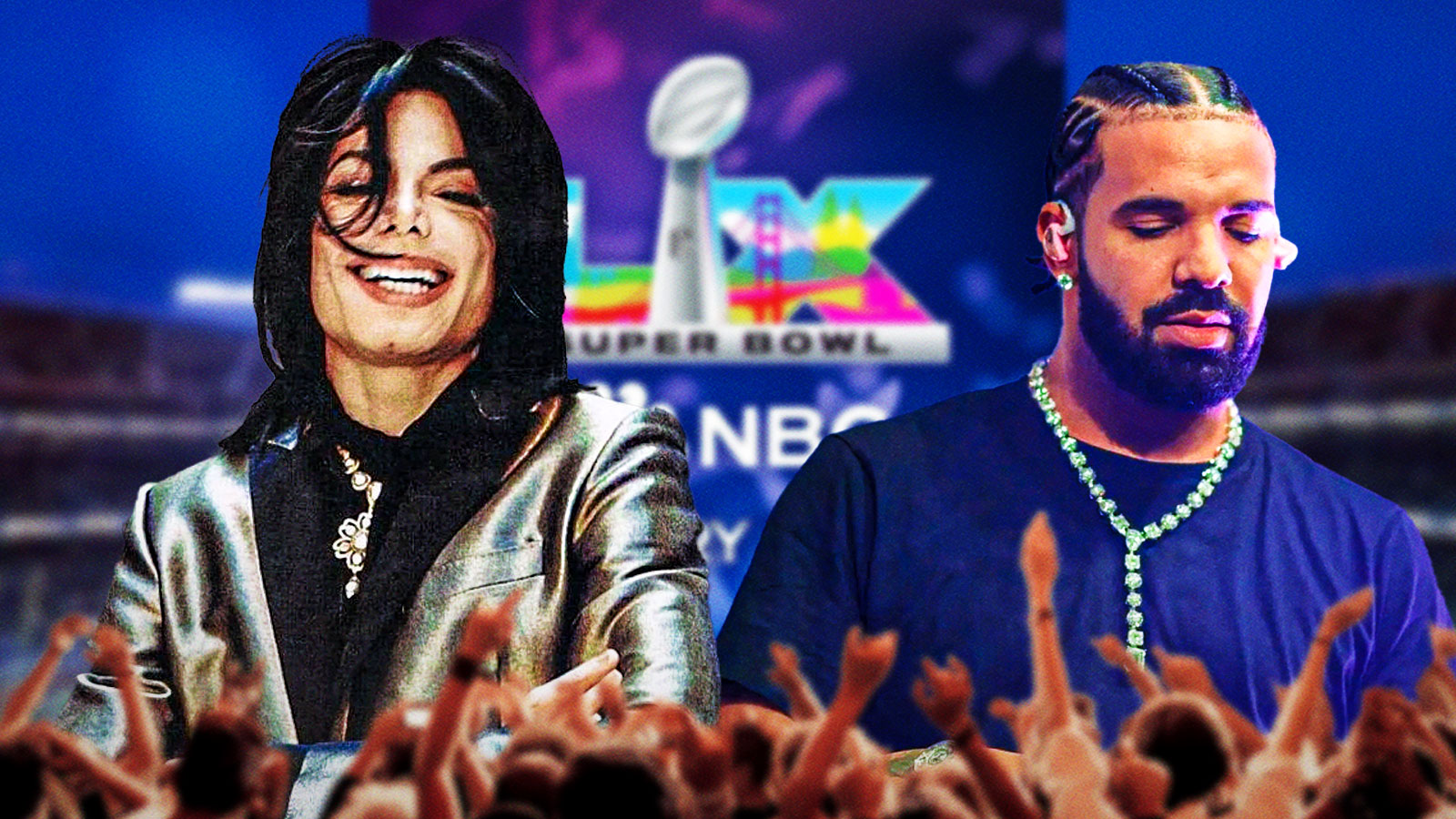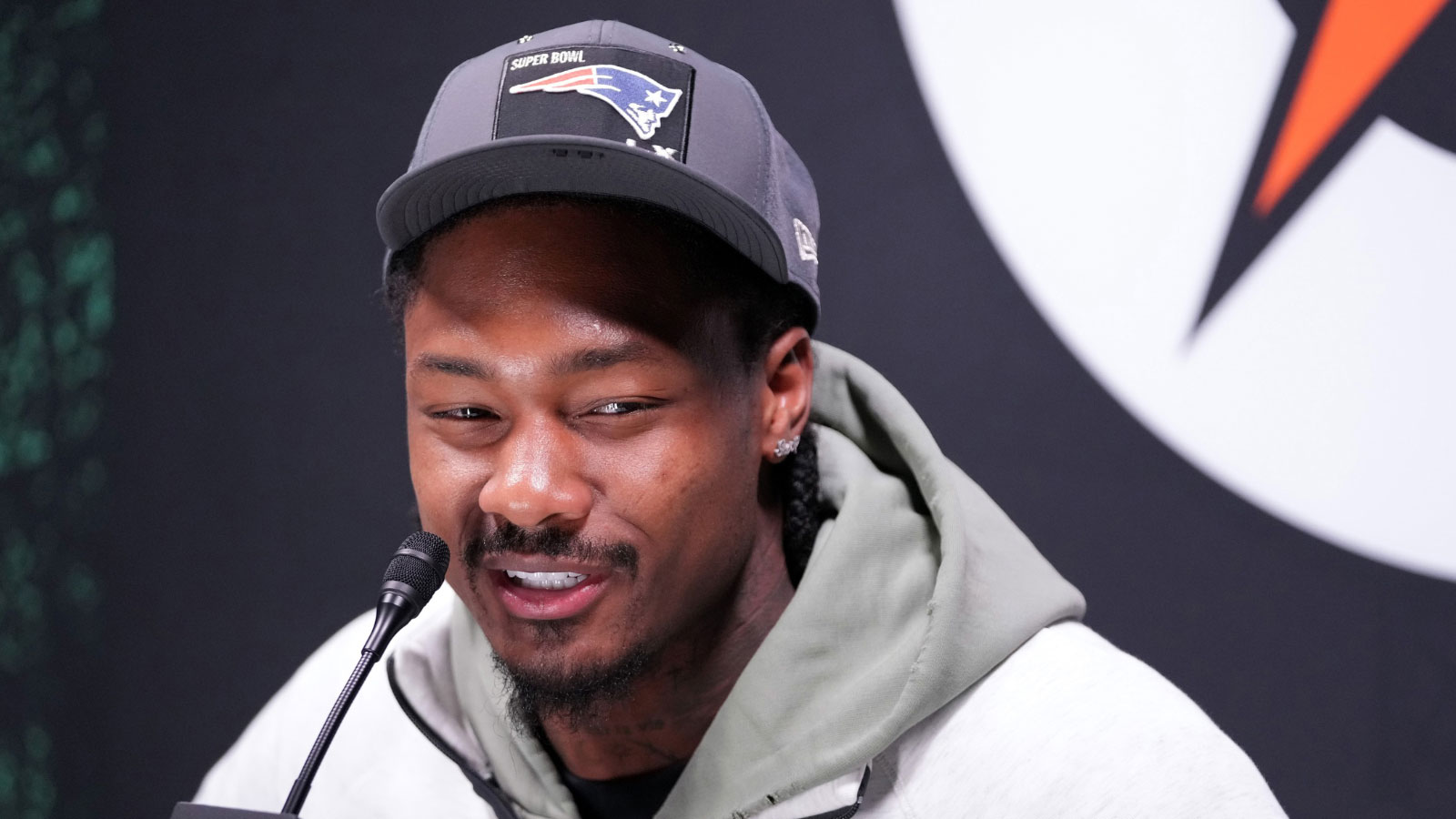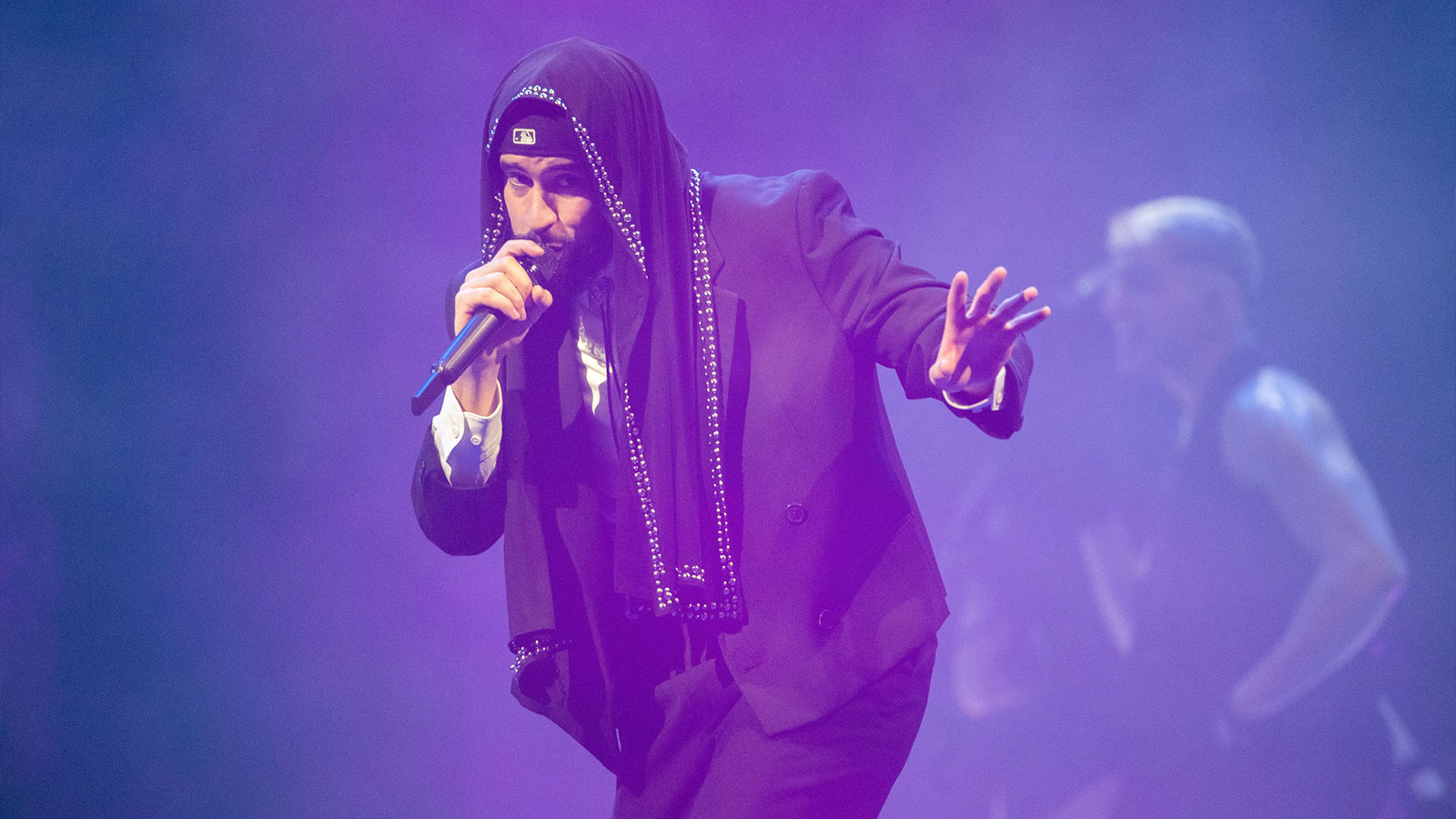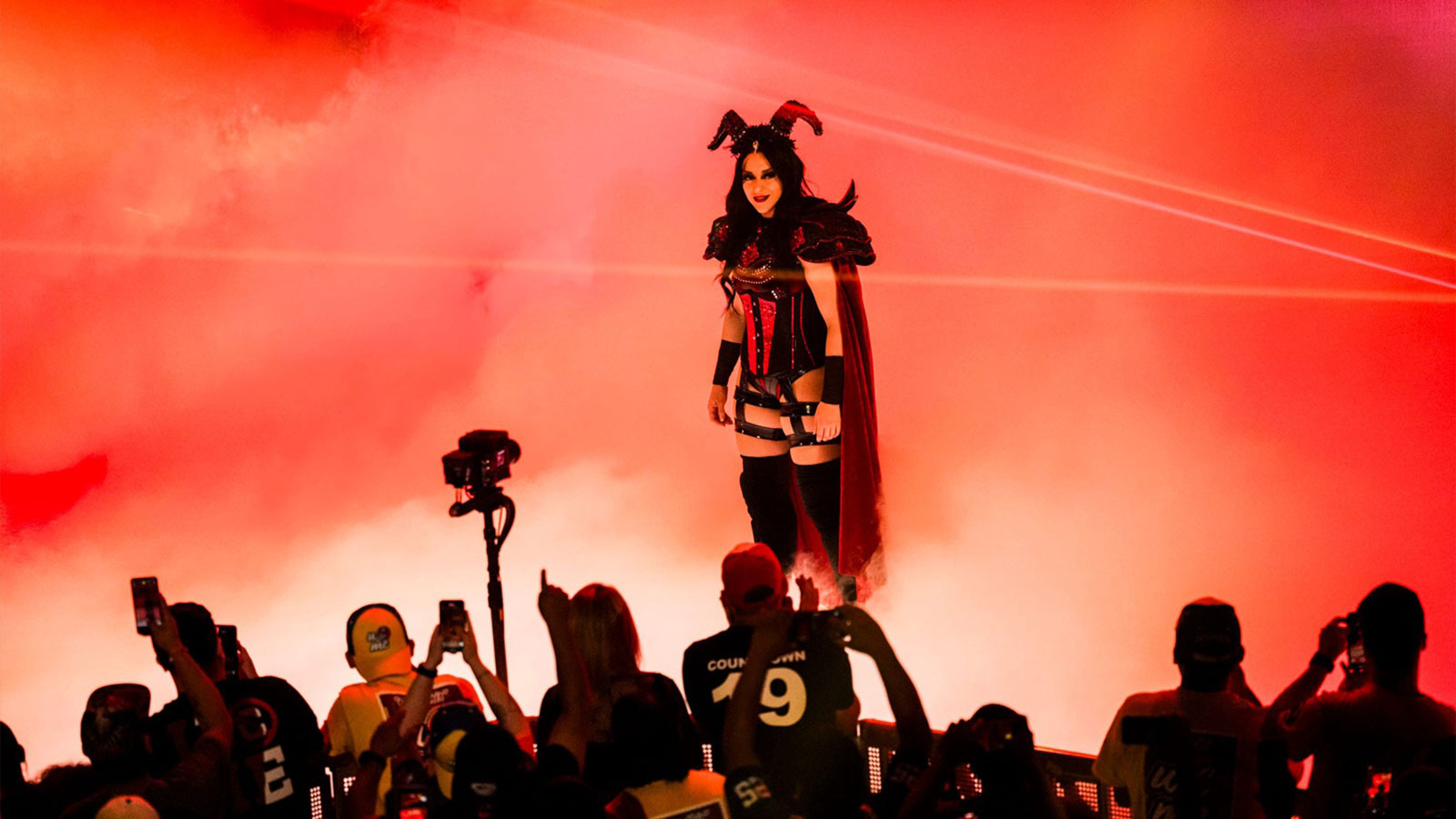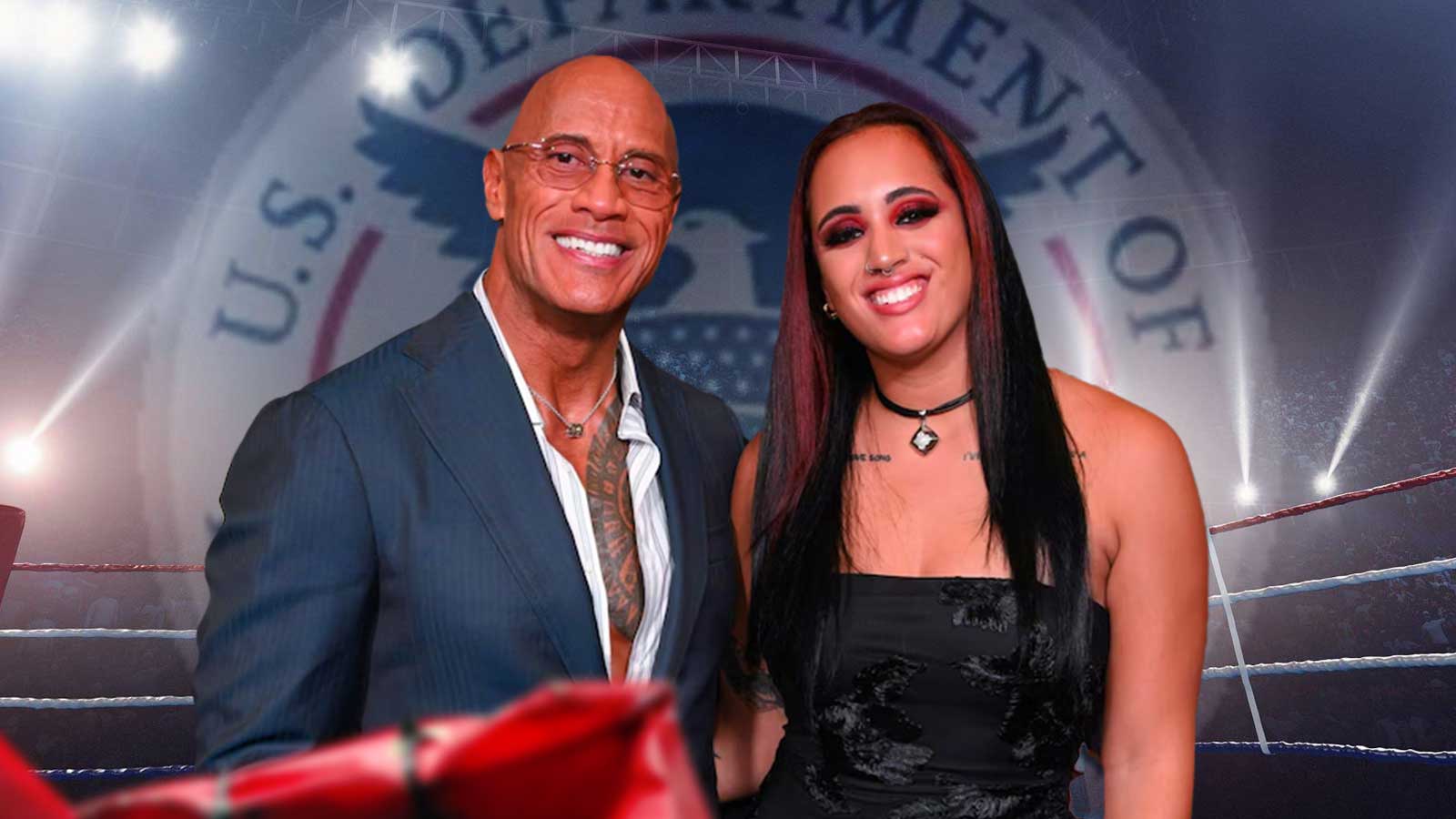The Breakfast Club star Molly Ringwald told The Times of London that it's only recently that she rewatched the iconic '80s classic and felt that some of the themes the movie glossed over were jarring.
In the 1985 film, Ringwald played Claire Standish, the Princess, one of the five students in detention for the weekend. John Hughes wrote and directed the movie.
The Breakfast Club: An '80s icon
The other four students were Judd Nelson (John Bender, the stoner), Emilio Estevez (Andrew Clark, the jock), Ally Sheedy (Allison Reynolds, the misfit) and Anthony Michael Hall (Brian Johnson, the nerd). Paul Gleason played the vice-principal Richard Vernon).
The actress said she watched the movie with her 21-year-old daughter, Mathilda Gianopoulos, also an actress.
“I only rewatched The Breakfast Club, which came out in 1985, because Mathilda wanted to see it with me. There is a lot that I really love about the movie but there are elements that haven't aged well — like Judd Nelson's character, John Bender, who essentially sexually harasses my character,” she said.
“I'm glad we're able to look at that and say things are truly different now,” Ringwald added.
The Breakfast Club was one of the biggest movies in the '80s. It made $51 million with a $1 million budget. This also made the Brat Pack even more popular. These were the actors who collaborated regularly with John Hughes as well as other directors.
Ringwald also starred in other Hughes movies Sixteen Candles released a year before Breakfast and Pretty in Pink a year after. She was recently in Feud: Capote vs. The Swans where she played Joanne Carson.

